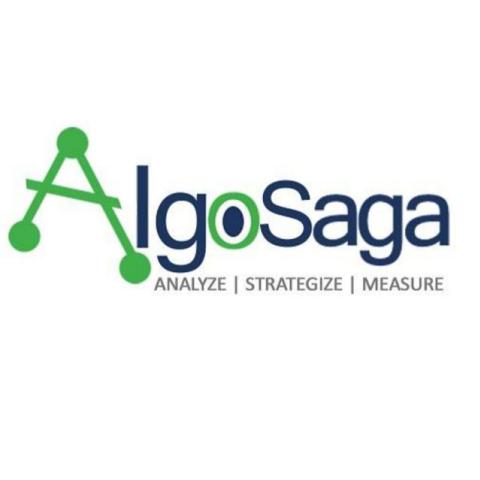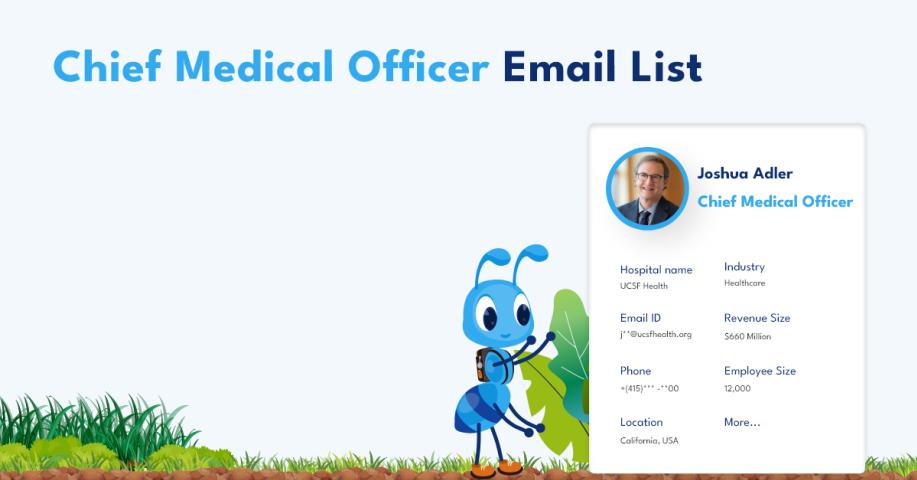Introduction
The healthcare industry is undergoing a digital revolution, with AI-powered chatbots and virtual health assistants leading the charge. At the AI in Healthcare Conference, experts, innovators, and medical professionals gather to explore how these cutting-edge technologies are enhancing patient engagement, streamlining workflows, and improving diagnostic accuracy.
This article highlights key insights from the conference, showcasing the latest trends, challenges, and future prospects of AI in healthcare.
The Rise of AI-Powered Chatbots in Healthcare
AI chatbots are transforming patient interactions by providing 24/7 support, symptom checking, appointment scheduling, and medication reminders. Key takeaways from the conference include:
1. Enhanced Patient Engagement
AI chatbots offer personalized health recommendations based on patient history. They reduce wait times by handling routine inquiries, allowing healthcare providers to focus on critical cases.
2. Improved Triage & Diagnosis
NLP-powered chatbots analyze symptoms and direct patients to appropriate care levels.
Case studies show AI chatbots can reduce misdiagnosis rates by cross-referencing vast medical databases.
3. Mental Health Support
AI-driven virtual assistants like Woebot and Wysa provide cognitive behavioral therapy (CBT) techniques, offering immediate mental health support.
Virtual Health Assistants: Beyond Basic Chatbots
Unlike standard chatbots, virtual health assistants (VHAs) integrate with electronic health records (EHRs), wearables, and IoT devices for a more holistic approach.
Key Innovations Discussed:
1. Voice-Activated Assistants (e.g., Amazon Alexa for Healthcare) enable hands-free patient monitoring.
2. Predictive Analytics for early detection of chronic conditions like diabetes and heart disease.
3. Remote Patient Monitoring (RPM) uses AI to track vitals and alert doctors in real time.
Challenges & Ethical Considerations
While AI in healthcare offers immense benefits, the conference also addressed critical concerns:
1. Data Privacy & Security
Ensuring HIPAA/GDPR compliance in AI-driven patient interactions.
Mitigating risks of data breaches in cloud-based AI systems.
2. Bias & Accuracy
Avoiding algorithmic bias in diagnostics, especially in underrepresented populations.
Maintaining human oversight to validate AI recommendations.
3. Regulatory Hurdles
FDA approvals for AI-powered medical devices remain a complex process.
Standardizing AI ethics frameworks across healthcare systems.
Future Trends in AI Healthcare Assistants
Experts predict the following advancements:
1. Multimodal AI Assistants combining text, voice, and image analysis for comprehensive care.
2. Generative AI (like ChatGPT) for dynamic, context-aware medical consultations.
3. AI agent development company solutions for creating advanced virtual health assistants tailored to specific medical needs.
4. AI-Integrated Telemedicine Platforms offering seamless virtual care experiences.
Why Attend the AI in Healthcare Conference?
Network with AI researchers, healthcare IT leaders, and policymakers.
Discover the latest AI tools from leading tech companies (Google Health, IBM Watson, Microsoft Azure AI).
Hands-on workshops on implementing AI chatbots in clinical settings.
Call to Action:
Stay ahead in the AI-driven healthcare revolution! Register now for the next AI in Healthcare Conference and explore how AI chatbots and virtual assistants are shaping the future of medicine.











